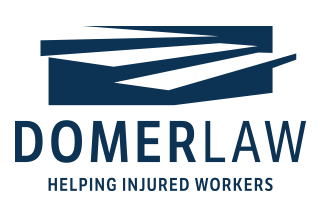Our spines play an incredibly critical role in the human body; it links the brain to the rest of the nervous system, sends vital signals to different organs and acts as the structure for most of our physical bodies. Without a functioning spine, we end up with severe health issues.
The same is true for the disks located in our spine. The disks hold personal value to the body, and when we damage them, it causes crippling pain and possible repercussions for the rest of our careers.
Subtle ways to damage a disk
Disks are a critical aspect to our health and spine structure as they sit in between the vertebrae in our spines. The disks act as a joint between two vertebrae; the disks keep the bones aligned and absorb shock in the case of a severe blow to the spine.
If the disks become damage, it eventually wears down on the vertebrae in the spine and causes additional pain. According to the Mayo Clinic, there are two common ways to harm a disk: bulging disk and herniated disk.
Most people are most familiar with a herniated disk due to the increased pain and irritation caused by the injury, but they rarely know the reason behind the pain. A herniated disk means there is a crack in the disk that allows soft cartilage, or muscle, to come out of the disk. It causes compression and inflammation around the surrounding nerves.
A more subtle disk injury is a bulging disk. A bulging disk is similar to a herniated disk because it involves pressure on the outer layer of the disk. However, a bulging disk is almost a precursor to a herniated disk because cartilage isn’t fully pushing out yet it’s not nearly as painful, but it usually leads to a severe spine injury if not treated.
Who’s susceptible to disk damage?
Due to the nature of disk injuries, employees with more active careers are particularly vulnerable: including firefighters, healthcare professionals, construction workers and carpenters. However, any worker can lift the wrong package or perform the wrong task and cause damage to their spine.
It makes it crucial for Wisconsin residents to understand how workers’ compensation helps cover the cost of their back injuries and what injuries qualify for benefits. Even basic knowledge of workers’ compensation may save you from costly medical bills in the future.


